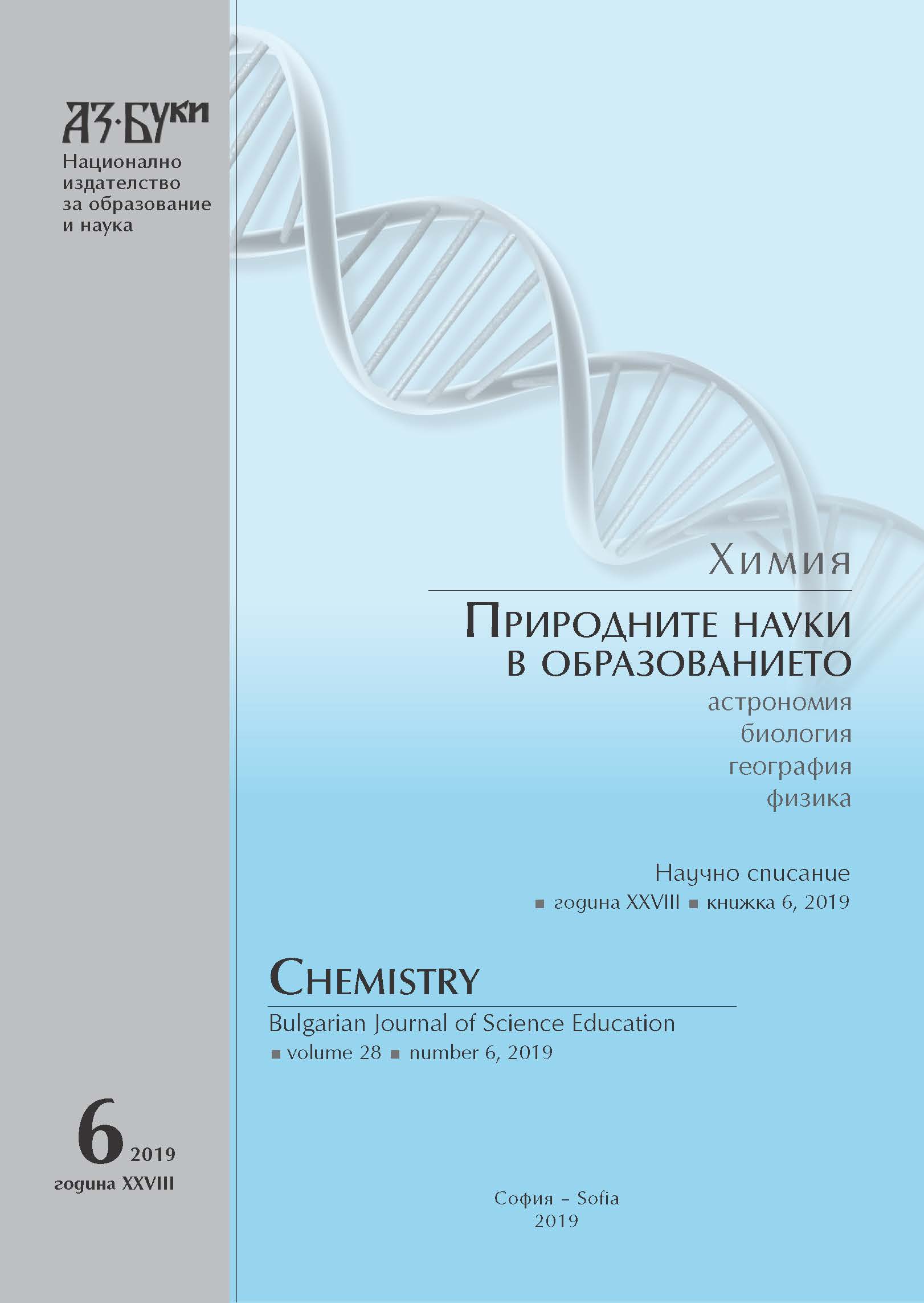In Vitro Evaluation of the Antioxidant Properties of Olive Leaf Extracts – Capsules Versus Powder
In Vitro Evaluation of the Antioxidant Properties of Olive Leaf Extracts – Capsules Versus Powder
Author(s): Hugo Saint-James, Gergana Bekova, Zhanina Guberkova, N. G. Hristova-Avakumova, Liliya Atanasova, Svobodan Alexandrov, Trayko Traykov, Vera HadjimitovaSubject(s): Social Sciences, Education, School education, Adult Education, Higher Education , Inclusive Education / Inclusion
Published by: Национално издателство за образование и наука „Аз-буки“
Keywords: antioxidant; olive leaves extract; free radicals; chemiluminescence
Summary/Abstract: The olive leaf extract has been known for its healing abilities since ancient times, when it was used to brew tea and to treat multiple conditions. In modern times it is advertised as a natural source of antioxidants which have a positive effect on human health. The extract is offered on the market as a food supplement by many different manufacturers and can be found in either capsulated or bulk form. The purpose of this experiment is to compare the antioxidant effect of the extract in relation to the form in which it is. The effect was tested in two separate systems for evaluation of total antioxidant activity - ABTS and DPPH. It was established that the extract marketed in capsulated form has better antioxidant properties than the bulk form. The tests in biologically relevant systems showed that while both forms have strong antioxidant abilities, the capsulated form achieves the same biological effect in smaller doses of the extract. The carried out experiments in all tested systems proved that the antioxidant effect of the capsulated form is stronger than the bulk one. The difference in antioxidant activity is most likely due to the protective properties of the capsule.
Journal: Химия. Природните науки в образованието
- Issue Year: 28/2019
- Issue No: 6
- Page Range: 737-745
- Page Count: 9
- Language: English
- Content File-PDF

